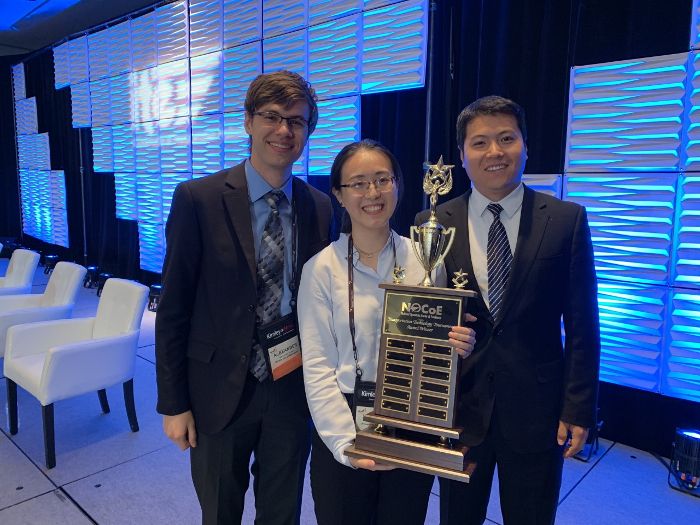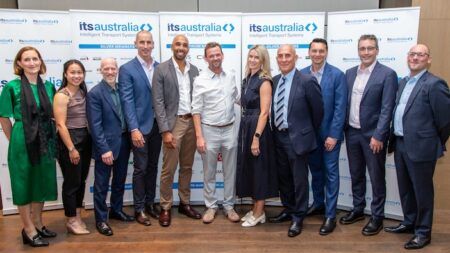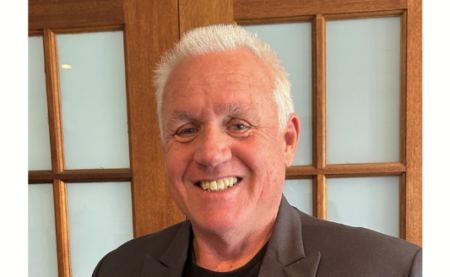A student team from the University of Michigan (U-M) has won the second annual Transportation Technology Tournament, a competition run by the National Operations Center of Excellence (NOCoE) and the US Department of Transportation (USDOT).
The tournament took place during the Institute of Transportation Engineers (ITE) Annual Meeting that has taken place in Austin, Texas, this week. Aimed at reducing congestion in the Detroit metropolitan region, the U-M team presented their solution entitled ‘Corridor Management in the I-75/I-696 Influence Area’, to a panel of prestigious private and public sector judges to win the award.
Co-hosted by the NOCoE and USDOT’s ITS JPO PCB program, the competition allows students to work directly with public agencies to solve real-world transportation problems using ITS and TSMO (Transport Systems Management and Operations) solutions. The teams used their experience, education, and new coursework to develop a solution or suite of solutions to directly address the originally defined real-world problem. The 2018 Tournament featured nine teams, five of whom were chosen as finalists to compete in the live event at the ITE 2018 Annual Meeting, where they gave a presentation in front of a panel of judges made up of leaders in the ITS and TSMO community.
The University of Michigan team’s solution focused on mitigating heavy, peak hour traffic volume on I-75 between Detroit and Troy in Michigan, and on east and westbound I-696 in the Detroit suburbs. Their proposal included a supply-focused solution managing the flow of vehicles, and a demand-focused solution reducing car trips by using shuttles and car-pooling to the area’s major employers, such as General Motors and Chrysler. The U-M team members were: Alex Sundt, Yan Zhao and Xiatong Sun.
The other finalist teams and solutions were:
- Florida International University – TSMO Solutions to Mitigate Wrong-Way Crashes on Arterials;
- University of Tennessee at Knoxville – A New Tool for Signalized Intersection Performance Assessment;
- University of South Florida Team #1 – Improving Pedestrian Safety Through ITS Solution;
- University of South Florida Team #2 – How Can Modular Vehicles Bring Flexible Capacity to Transit Systems?
“The Michigan team’s solution was imaginative and completely deployable,” noted Patrick Son, the NOCoE’s managing director. “These students developed practical solutions to a problem that has stalled Southeast Michigan for decades. There is virtually no room to add capacity, yet the team came up with a suite of ideas that involved TSMO and Intelligent Transportation strategies to create a low cost, workable solution. That’s exactly the kind of ingenuity we need as we address crucial workforce issues ahead.”
Sundt said, “The kinds of skills the teams learned will be crucial as we move into our careers. Knowing how to present to government agencies and to important people, and how they want to listen to a presentation, that pitch style, I’ve never gotten that in my education before, so this was a big help.”
Zhoa added, “We learned that soft skills are really important. We are used to solving equations and we are used to presenting in front of a lot of academic people, but when we solve real-life problems, we have to present our solutions to people who may not be familiar with equations. We have to explain the details and our reasoning behind it. That will be really helpful in my future.”





